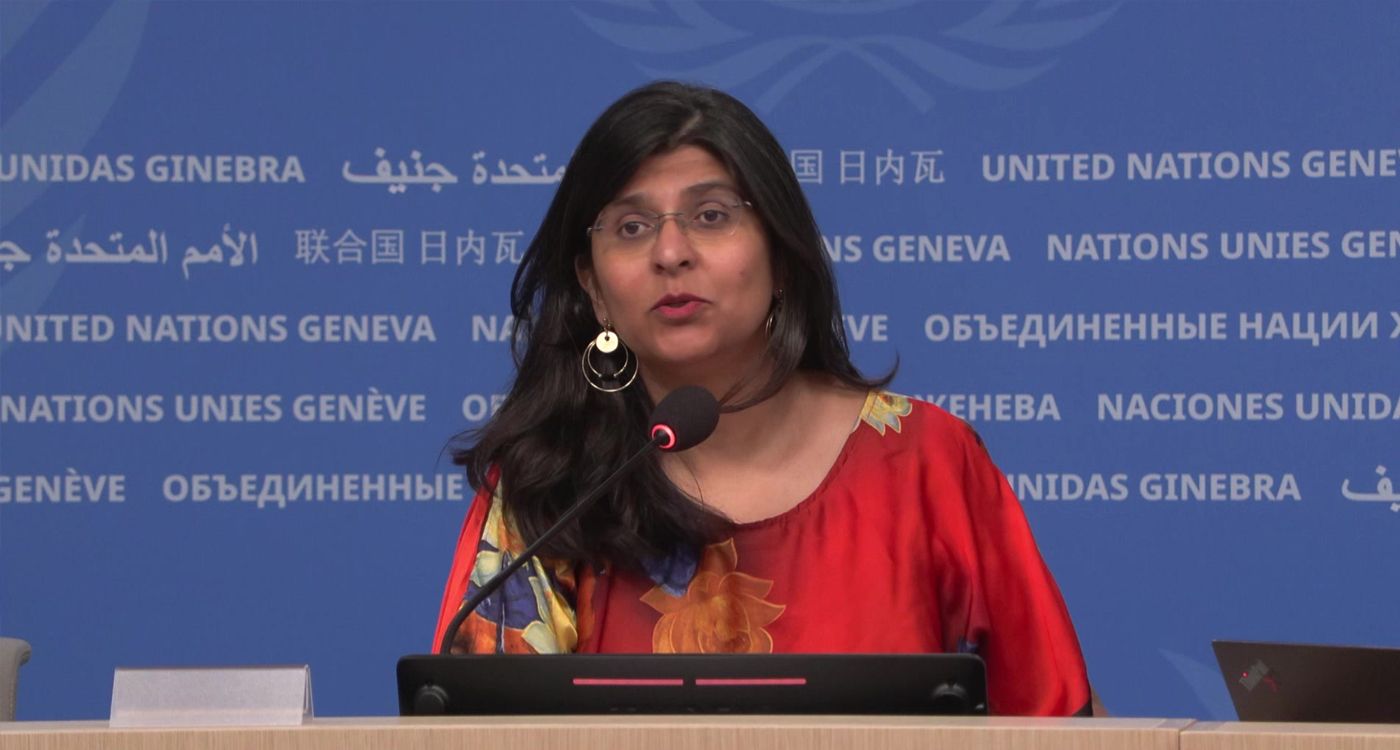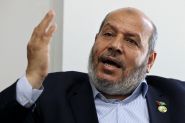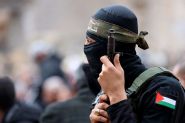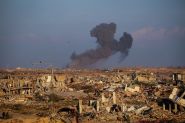- Home
- Middle East
- UN ‘Appalled’ by Israel-Hezbollah War Rhetoric

UN High Commissioner for Human Rights spokeswoman Ravina Shamdasani at a press briefing in Geneva. October 11, 2024. ©ELODIE LE MAOU / AFPTV / AFP
The United Nations on Friday said it was "appalled" by the inflammatory language surrounding the war between Israel and Hezbollah and asked leaders to end their "bellicose posturing".
Israeli Prime Minister Benjamin Netanyahu this week urged the Lebanese people to rise up against Hezbollah, or risk a similar fate to Hamas-run Gaza.
"We are appalled by sweeping inflammatory language on multiple sides," UN Human Rights Office spokeswoman Ravina Shamdasani told a media briefing in Geneva.
"Recent language threatening Lebanese people as a whole and calling on them to either rise up against Hezbollah or face destruction like Gaza, risks being understood as encouraging or accepting violence directed against civilians and civilian objects, in violation of international law."
She also decried as "unacceptable" the "ongoing denigration of the UN, in particular UNRWA", the UN agency supporting nearly six million Palestinian refugees spread across Gaza, the West Bank, Jordan, Lebanon and Syria.
"This kind of toxic rhetoric, from any source, must stop," she said.
Israel has long been at odds with the agency and alleged that some of its employees were involved in the October 7 Hamas attacks that triggered the war in Gaza.
Israel has been pounding Hezbollah in Lebanon since September 23, after one year of continuous fire exchanges at the border, in an escalated campaign that has killed more than 1,200 people and displaced more than a million others, according to an AFP tally of Health Ministry figures.
Its ground forces crossed into Lebanon on September 30 with the aim of stopping Hezbollah's cross-border fire in support of Palestinian militant group Hamas, following its October 7 attack.
"The killing, destruction, as well as bellicose posturing by those in positions of power, must end," Shamdasani said.
"Widening conflict and progressive escalation put the lives and wellbeing of potentially millions of people across the region at risk."
The World Health Organization said that since September 17, it had verified 18 attacks on health care in Lebanon, resulting in 72 deaths and 40 injuries among health staff.
While the WHO records such attacks, it does not attribute blame.
The UN health agency's spokesman Christian Lindmeier said 96 primary healthcare centres and health facilities had been forced to close in southern Lebanon.
Five hospitals were reported non-functional due to damage, while four were partially evacuated.
Lindmeier said that as the number of displaced people in Lebanon increases and access to medical care shrinks, "we are facing a situation where there's a much higher risk of disease outbreaks".
With AFP
Read more



Comments